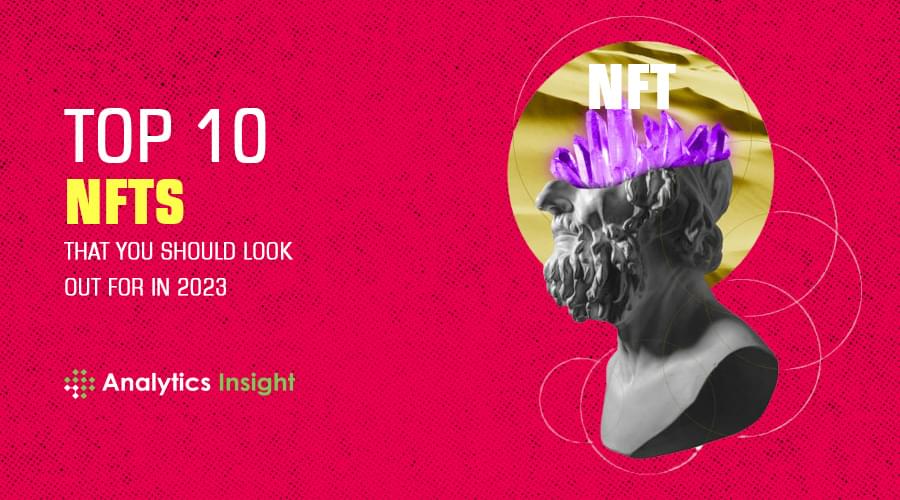From the beginning, our group has been about coming together to talk about crypto in a safe space. To share tips in a respectful and honest environment where people can make like-minded friends in an inclusive environment. We desire to educate, as well as learn in this ever changing landscape that is crypto. Moving forward we will grow whilst considering our core values.
For more information follow our official socials:
Main TG: https://t.me/whalecointalk.
News TG: https://t.me/whalecointalknews.
Twitter: https://twitter.com/WhaleCoinTalk.
Website: https://www.whalecointalk.com.
Instagram: https://www.instagram.com/whalecointalkofficial.
Disclaimer:
Not Financial Advice.
Do Your Own Research.
#Binance #BNB #Bitcoin #Ethereum #Doge #Shiba #Cryptocurrency #AMA #AskMeAnything #NFTs #MetaVerse #Kishu #Blockchain #DeFi #CryptoAMA






